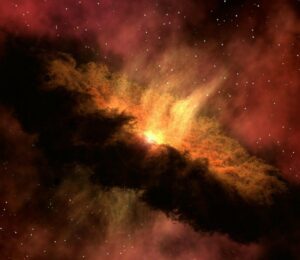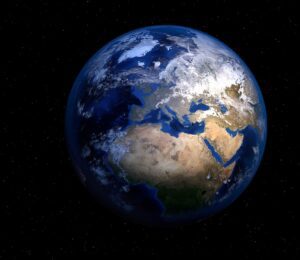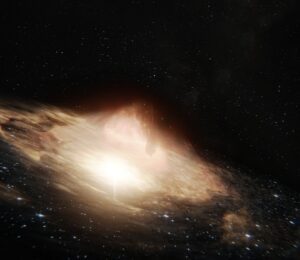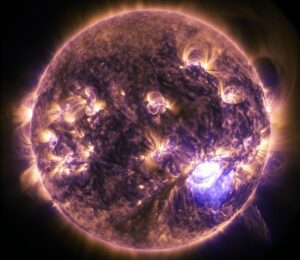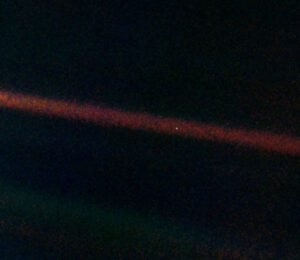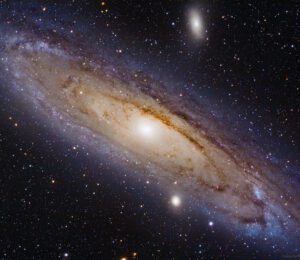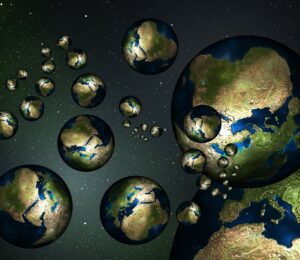The Big Bang
One of the greatest discoveries in the last century was the mechanism of the creation of the universe in the big bang. Cosmologists have established the most likely model for this creation was at a point in time about 13.8 billion years ago. At this point in time – just as explained in Scripture, the entire universe came into being. The Universe includes all matter, time, and exotic matter flared into existence at a moment in time. The obvious theological conclusions associated with this beginning have been resisted by secular scientists. There have been many alternative proposals put forth to… Read More »


